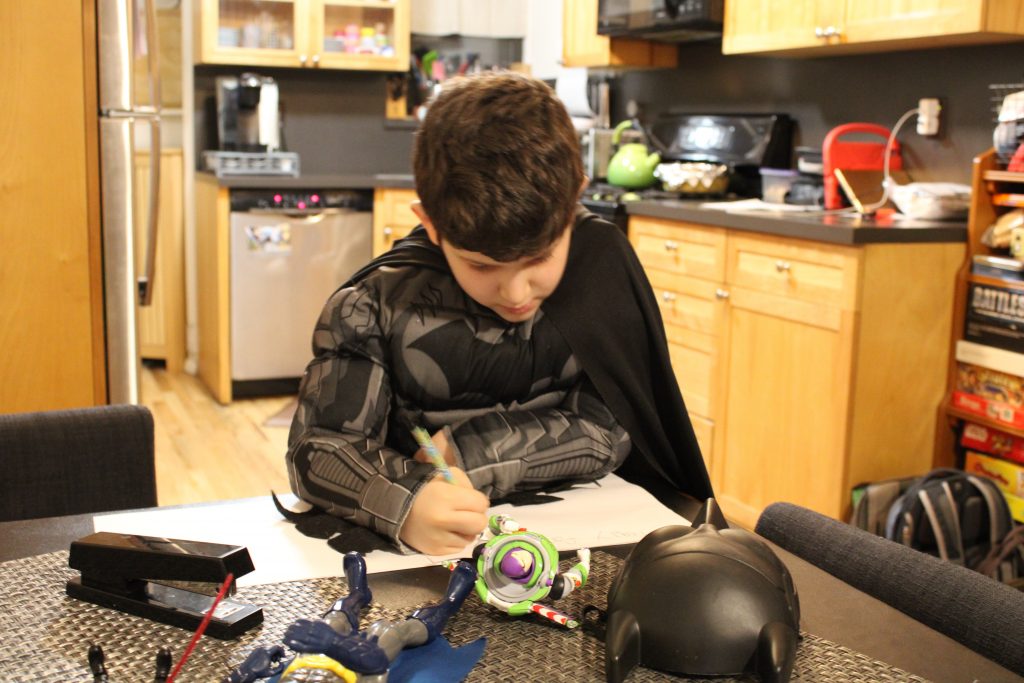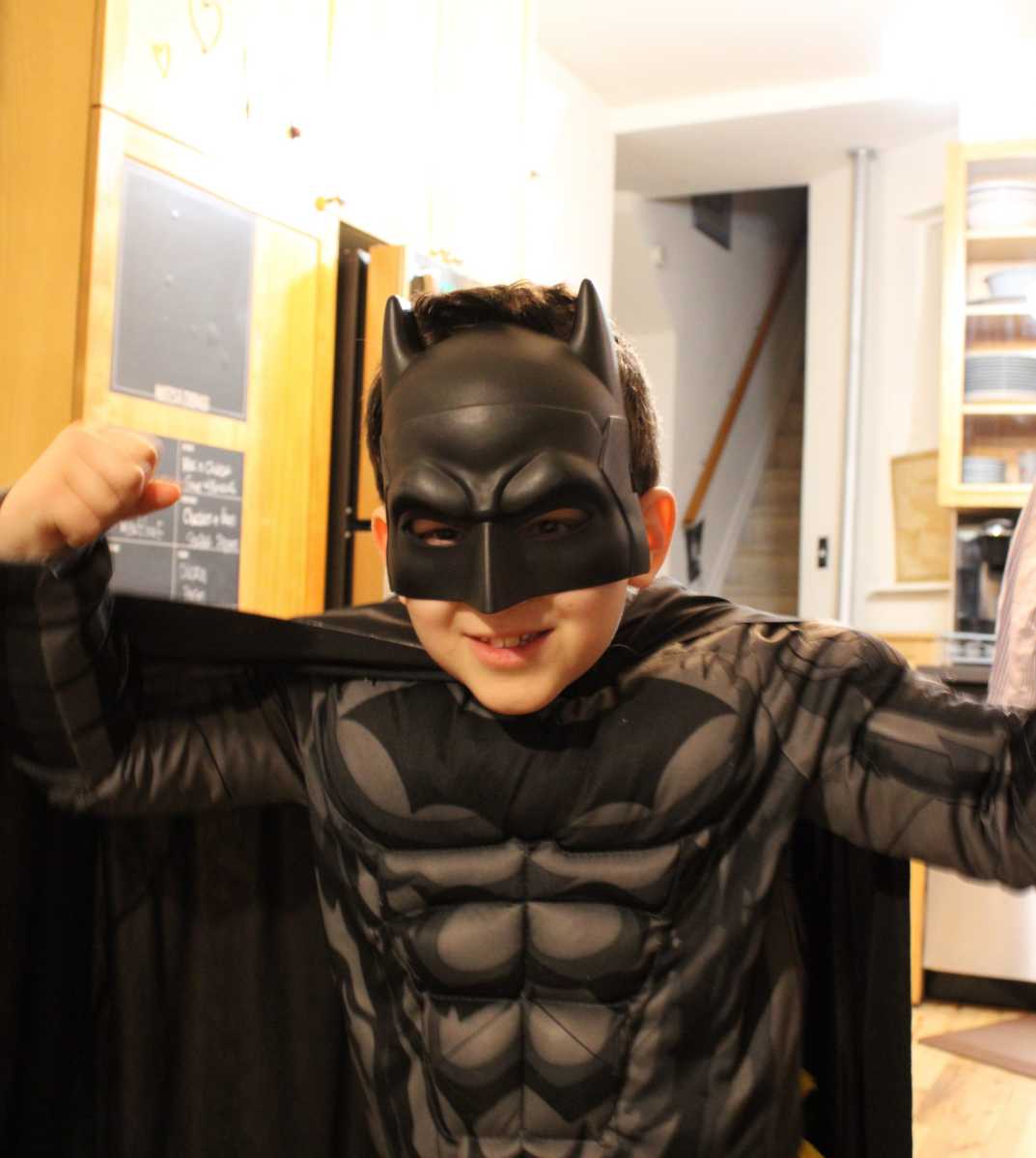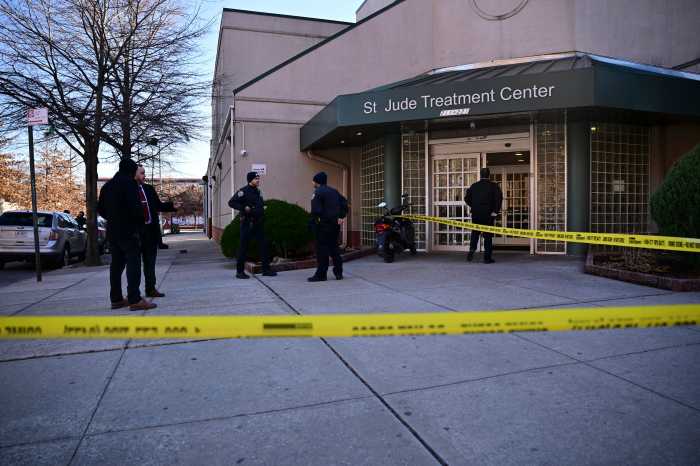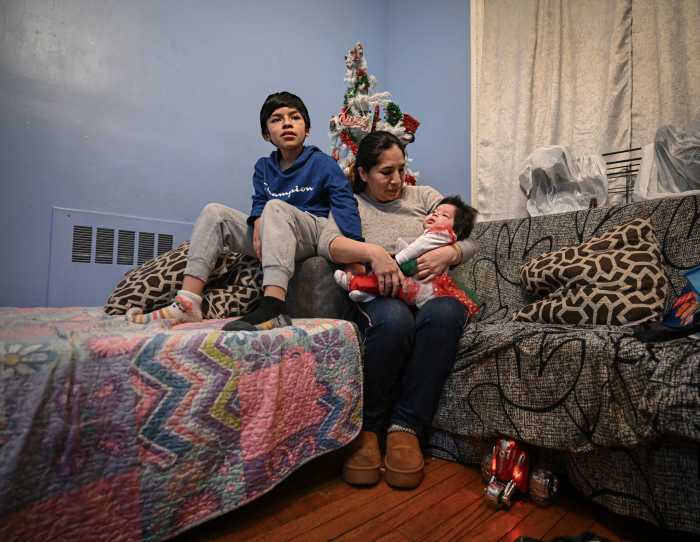BY GRANT LANCASTER
When 9-year-old Zach Becker rushes around his living room in Brooklyn, he is just as care-free as any kid his age, decked out in a Batman costume complete with a cape that swooshes behind him as he charges over to pester his 11-year-old brother Ben.
His spirits are completely unaffected by the rare disease that he has, one that has likely already shortened his life. Zach has Fanconi anemia, an illness affecting 1 in 160,000 people worldwide that keeps his bone marrow from making blood cells properly, according to the National Institutes of Health. It can cause a number of physical problems and increases the risk of cancer.
Zach, his family and other people suffering from rare diseases will be guests of honor at an event commemorating Rare Disease Day on Leap Day – the rarest day of the year – at Carnegie Hall. Rocket Pharmaceuticals, Inc., a company that researches genetic solutions for diseases like Zach’s, is organizing the event for the second year.
On the day of the event, the Empire State Building, where Rocket’s office is located, will be lit up with the colors of Rare Disease Day to commemorate the event, said Kinnari Patel, Rocket’s Chief Operating Officer.
Rocket’s researchers are studying gene therapy in an attempt to provide a cure for patients with Fanconi, Danon disease, Leukocyte Adhesion Deficiency-I and other rare genetic diseases, with clinical trials in the works.
Gene therapy attempts to add or modify genes in a patient to counteract genetic diseases without drugs or surgery, according to the National Institutes of Health. Fanconi and other rare diseases are often based on genetic mutations, making them uncommon but difficult to treat.
This year, the event will be ‘20s -themed, with jazz music to commemorate the discovery of penicillin in 1928, which revolutionized the way doctors treated illnesses, Patel said. She thinks the comparison between the two technologies pioneered 100 years apart is apt because Rocket’s work in gene therapy has the potential to be just as revolutionary.
“Gene therapy is not just an abstract idea,” Patel said.
Unless gene therapy offers a cure for genetic diseases like Fanconi, the best option for those affected is a bone marrow transplant, a procedure that requires finding a matching donor as well as a round of intense chemotherapy to destroy the diseased marrow, temporarily eliminating the patient’s immune system in the process, according to Be The Match, an organization that researches and promotes bone marrow donations for people that need them.

Zach’s transplant was in 2017, putting him in the hospital for nearly a month, Adam said. Staff at Memorial Sloan Kettering Cancer Center helped him feel at home by outfitting his room with Star Wars-themed decor, such as “Emperor Pole-patine,” Zach’s IV pole that hospital staff decorated to resemble Emperor Palpatine from the Lego Star Wars video games.
Zach was lucky to be near Sloan Kettering, – one of only three centers of excellence for Fanconi in the U.S., Adam said.
These types of accommodations made Zach feel more comfortable at the hospital and kept him from being scared or lonely away from home, he said.
“I wasn’t scared, because I would have an adult with me,” Zach said.
The only time Adam saw Zach cry during the treatment process was when the chemo made him lose his hair, but dad had a solution for that – he offered to shave his head first, to show Zach there was nothing to be afraid of.
“Daddy shaving his head – it was awesome,” Zach said.
Even after the transplant was successful, Zach spent a lot of time in isolation at home because too many visitors might have made him sick because of his weakened immune system, Adam said. Eventually, Zach was able to go back to school and even go to Camp Sunshine, a summer camp retreat in Maine that is free for children with life-threatening illnesses.
At camp, Zach made friends, even meeting some other kids with Fanconi, who he and his family would help encourage, Adam said. The family tries to do their best to raise awareness for bone marrow donation and for research into rare diseases, which is why they went to Rocket’s Rare Disease Day event last year, as well as guiding parents with children suffering from Fanconi through the treatment process.
“Whenever some kids had a transplant, the kids were scared, and the parents were scared for them,” Zach said. “But then either my mom or my dad would tell [my] story to them.”
Rocket hosts the celebrations of Rare Disease Day to raise awareness of these diseases and to offer shared experiences to guide and comfort others who suffer from rare diseases and their families, Patel said.
Zach’s struggle with Fanconi is not over – a marrow transplant only extends life expectancy by as much as 15 years – but his battle with the rare disease has failed to dim his happy and energetic personality, and this helps him and his family serve as an example to others that life can go on, Adam said.





































